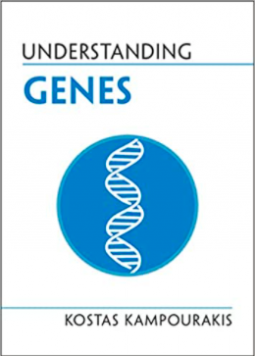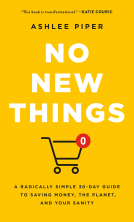
Understanding Genes
by Kostas Kampourakis
This title was previously available on NetGalley and is now archived.
Send NetGalley books directly to your Kindle or Kindle app
1
To read on a Kindle or Kindle app, please add kindle@netgalley.com as an approved email address to receive files in your Amazon account. Click here for step-by-step instructions.
2
Also find your Kindle email address within your Amazon account, and enter it here.
Pub Date Oct 21 2021 | Archive Date Oct 25 2021
Talking about this book? Use #UnderstandingGenes #NetGalley. More hashtag tips!
Description
What are genes? What do genes do? These questions are not simple and straightforward to answer; at the same time, simplistic answers are quite prevalent and are taken for granted. This book aims to explain the origin of the gene concept, its various meanings both within and outside science, as well as to debunk the intuitive view of the existence of 'genes for' characteristics and disease.
Drawing on contemporary research in genetics and genomics, as well as on ideas from history of science, philosophy of science, psychology and science education, it explains what genes are and what they can and cannot do.
By presenting complex concepts and research in a comprehensible and rigorous manner, it examines the potential impact of research in genetics and genomics and how important genes actually are for our lives.
Understanding Genes is an accessible and engaging introduction to genes for any interested reader.
Available Editions
| EDITION | Paperback |
| ISBN | 9781108835473 |
| PRICE | $14.95 (USD) |
Featured Reviews
My husband had asked what I wanted for one of my milestone birthdays. I thought for a second and told him I’d always wanted my DNA sequenced so I could find out something about my ethnic background. He purchased two kits from 23andMe, we spit into individual tubes and waited for the results. As I recall, my initial ancestry report showed that I was almost 50-50 African and European. But as more and more people have their DNA analyzed and added to the pool of information for 23andMe, my results have changed over the years as it now shows that I am 56.2% Sub-Saharan African.
With the advent of commercial direct to consumer DNA tests such as 23andMe, genes are all over the news. Whether it is an in-depth discussion of the COVID-19 vaccine or caveats about the commercial direct to consumer DNA tests, the media is there to report on it.
And therein lies the problem: many writers overly simplify complex subjects like DNA and genes as they distill it for the lay public.
In “Understanding Genes” author Kostas Kampourakis not only tackles the question of what a gene is (or isn’t) but takes the reader through a historical journey through the discovery of genetics, emphasizing how science has to modify its models and explanations as more and more is discovered, whether proved or disproved.
As a medical historian, I really enjoyed the historical journey, once again meeting the major players and learning something new. If I had any quibble with this trip through scientific progress, I wish the author had taken the reader through the terminology etymology as so much can be gained by understanding why a scientist chooses a term over another.
This is not a book for the casual reader but a reader who I believe has a solid scientific background and who is not intimidated with complex scientific theories and explanations. There are a number of illustrations and charts that help explain the concepts being presented in the book and I really welcomed them as I am a visual learner who appreciates a well-done graphic.
I think it is safe to say that the more we think we know about genes, the less we really know -- but we will get there eventually.


















